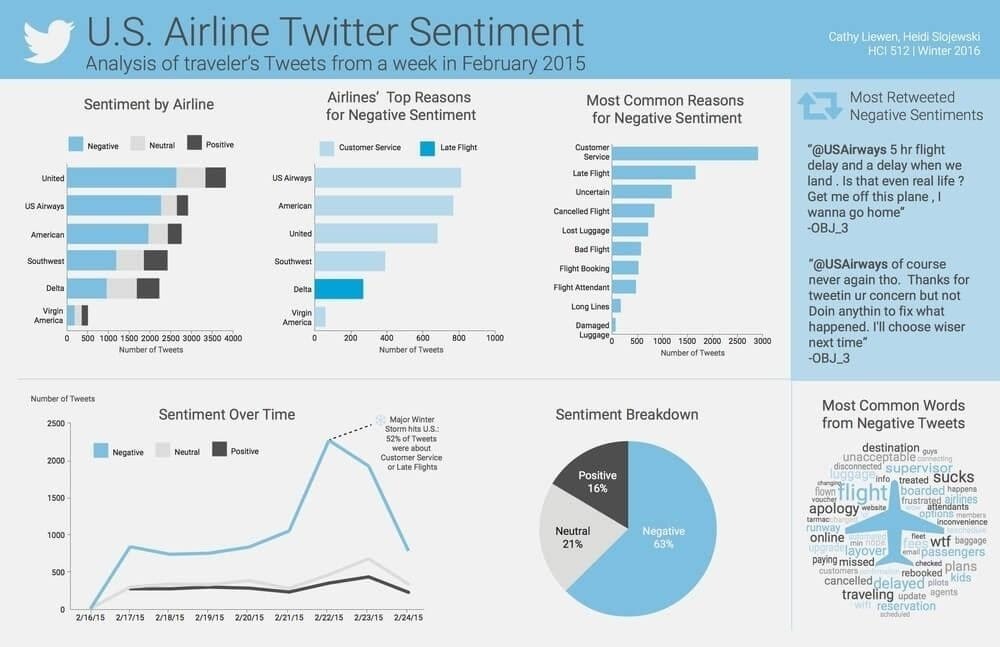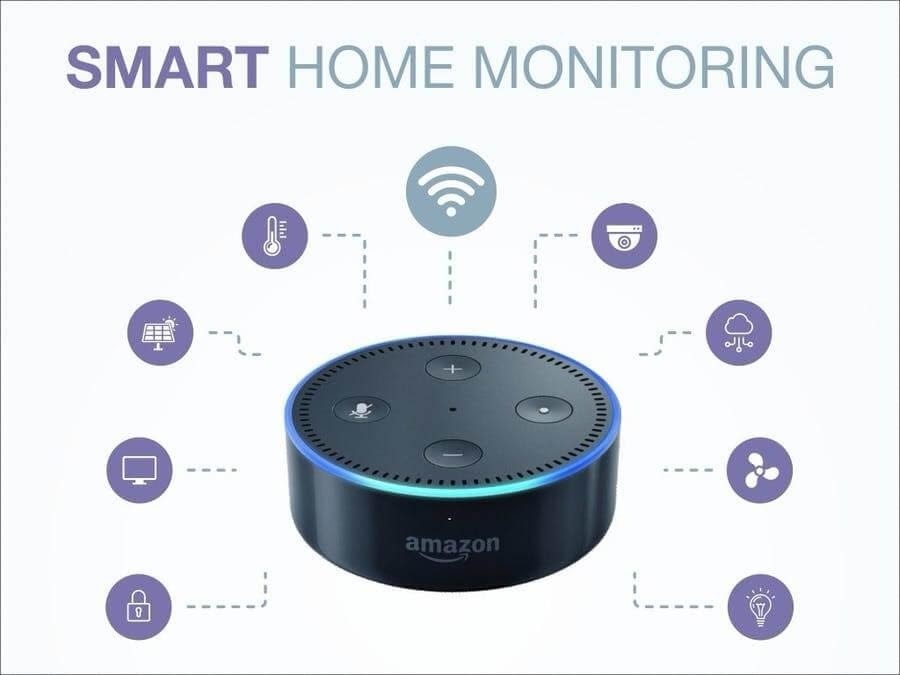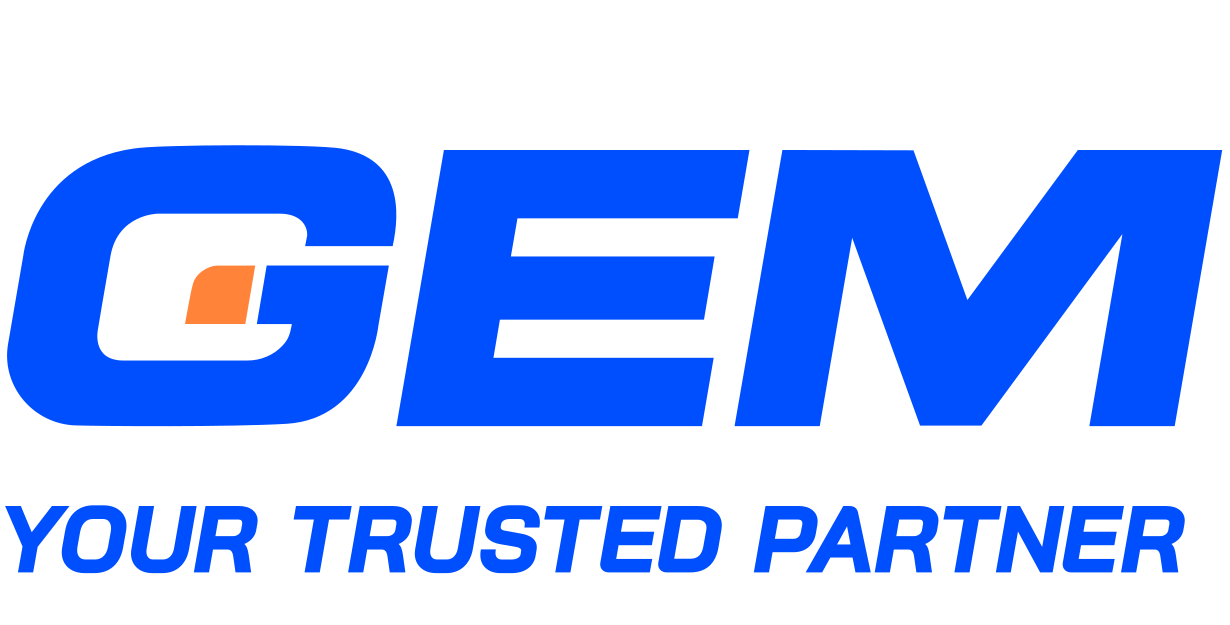Contents
Businesses are no longer unfamiliar with the term machine learning and its use cases, such as Artificial Intelligence (AI) or Natural Language Processing (NLP). In fact, 91.5% of top companies have been investing in AI. Leading global enterprises, such as Google or Amazon, have integrated the technology for a long time, and it has paid off greatly. So how exactly has machine learning transformed traditional operations?
Machine Learning as a staple of business in the 4.0 era
First appearing in the 50s of the XX century, machine learning is aimed to be the driving force of the new world. And it has not let us down with its endless possibilities. Let’s take a look at the enormous impacts of machine learning from 3 angles: Capital and Installations, Time and Operation, and Revenue.
Capitals and Installations
With its capacity, machine learning has greatly reduced the cost for complicated systems and human resources. Besides performing simple and repetitive tasks such as answering frequently asked questions, machine learning can also support businesses to deliver better decisions. According to Deloitte, return on investment (ROI) on a standard machine learning project in the first year is 2-5 times the cost. Machine learning is a fruitful investment: 44% of the corporations have stated that using AI applications has cut down their cost. That is why 1 out of 5 C-level executives has adopted the technology as the core of their businesses. The investment for the technology is predicted to increase more than 300% in the coming years.
Time and Operation
On average, it takes 12 months to fully integrate machine learning business applications into the organizations’ current ecosystem. Yet after the installation, businesses witnessed tremendous changes in the processing speed. In the past, it could take forever to manually track down and compare data for reference when it came to important decisions. Managers realize that with the help of AI, they can greatly cut out recurring tasks such as paperwork (82%), scheduling (79%), and timesheets (78%).
With machine learning, entrepreneurs now have an efficient ally to process a huge database with nearly no mistakes. More than that, machine learning makes it faster to cross-check data from different locations and target groups, so businesses can better visualize information and analyze more in-depth insights.
Revenue
The competition to attract the right audience and convert sales is getting intense more than ever. 44% of businesses are afraid that they will lose their edge to new entrepreneurs if they are too slow to implement machine learning. Why do they have this concern? The answer is simple: Machine learning applications are perfect for skyrocketing revenue, which is confirmed by 80% of businessmen. These statistics show the most concrete evidence:
- Those who implement AI in sales have increased their leads by more than 50%
- AI encourages 49% of consumers to purchase more frequently, while 34% are happy to buy more high-value orders
It is easy to miss the fact that we are interacting with machine learning business applications on a daily basis. From a global enterprise like Google to a friend’s new startup, these use cases have become indispensable to secure seamless performance and long-term success.
As the favorite, machine learning is the game-changer for the operation in multiple sectors, such as Retail, Healthcare, Finance, Advertising, Energy, Transportation, etc. For instance, with the help of this technology, doctors can predict up to 92% accuracy for the mortality rate of the Covid-19 patients, which will help them come up with a suitable treatment regimen, therefore lowering the pressure for the hospitals.
8 outstanding Machine Learning business applications to solve problems and achieve tangible results
As Jeff Bezos – the owner of the Amazon empire has said: “Much of what we do with machine learning happens beneath the surface. Machine learning drives our algorithms for demand forecasting, product search ranking, product and deals recommendations, merchandising placements, fraud detection, translations, and much more. Though less visible, much of the impact of machine learning will be of this type — quietly but meaningfully improving core operations”.
Therefore, to effectively integrate the technology into the current system, it is crucial to understand which applications are the most suitable for each business operation. Below is the list of the top 8 machine learning business applications to give businesses a Pass ticket to say Goodbye to their headaches.
Chatbots
This is one of the most familiar machine learning applications among businesses. The technology handles almost 70% of conversations with customers, from start to finish. Furthermore, it has increased sales by 67% on average. Executives can set up chatbots to do simple tasks, such as answering common queries or guiding customers within the app. Thanks to chatbots, businesses can satisfy even the toughest buyers.

Data extraction
Machine learning is famous for its capability to process huge volumes of information. Businesses have taken advantage of this power to help them deliver more suitable and accurate decisions as well as get closer with the consumers. Developers build a set of terms for the machine to auto-identify when scanning content. These extractions then will be sorted into different categories based on the business’ needs. For example, Mazda has integrated an AI app into its social platforms to gain insights from what the customers said about its products.
Sentiment analysis
Not only extract raw text data, but machine learning has also stepped forward and helped companies to detect the underlying emotions from customers’ resources. At first, businesses classify what indicates a positive, negative, or neutral tone in the text, then assign the rules to the machine to recognize. Sentiment analysis is an outstanding tool to help managers quickly realize customer behavior shifts and deliver flawless service. Twitter has conducted research on travelers’ favoritism on multiple American airlines based on their sentiments on the tweets. This helps the brands to quickly adapt to new changes and handle avoidable issues.

Image recognition
This machine learning business application is one of the precious winning points for retailers. With the ability to scan and identify products based on their images, the technology has simplified the shopping journey of millions of buyers. More than that, AI has made facial recognition not exist only in Hollywood blockbusters. The AI integrations will notify store staff when a visitor comes back to the store, as well as show previous purchase history for better product recommendations.
Speech recognition
The rise of Siri, Alexa, or Google Assistant has made speech recognition and speech commands become a common thing in our daily life. The ability to transform spoken words into written text has facilitated a quicker and easier performance. For instance, the sales team can transcribe hundreds of phone calls between potential buyers and agents to identify common patterns and determine whether they would win or lose the deal.

Recommendation engine
Based on the consumers’ frequent activities and past decisions, the engine will find/create and deliver suitable suggestions for a satisfying customer experience. Not limited to retaining loyal buyers, an interactive and flexible recommendation system will attract newcomers to try out the products/service. Utilizing smart content recommendations, Netflix was able to save $1 billion in customer service and gain the position as the most popular streaming platform around the world.

Dynamic pricing
To stand out from the crowd, a business cannot only focus on improving the products and services. Targeted prices will also determine the success or failure of the whole campaign. Machine learning summarises and analyses various aspects, including market demand, customer behaviors, competitors’ activities, past campaign performance, etc. These analyses help managers come up with the most engaging and at the same time profitable pricing strategies for their companies. Uber or Lyft use this technology to optimize their fee according to different time periods and conditions (rush hours, holidays, bad weather, etc.).
Customer analysis
One aspect to ensure the success of a business lies in the customers. Therefore, companies always try to find the most effective way to engage with their buyers. Machine learning can support this process thanks to evaluating data relating to the consumers. Some of the best practices of machine learning in this area are:
- Customer segmentation: Classify buyers based on multiple variations, such as shopping behaviors, average money spent on one deal, credit card health, etc.
- Customer lifetime value modeling: Forecast future revenue and loyalty of visitors based on their shopping habits at the store
- Customer churn modeling: Predict the risk of customers stop buying from the brand and propose potential issues behind that phenomenon
Closing thoughts
Data is power, and now is the time for businesses to effectively seize this power. Thanks to the rapid development of technology and innovations in the management process, more and more businesses have entrusted machine learning to support their performance. The endless possibilities of machine learning do not limit it to any particular industry or business size. “Because of artificial intelligence and its ability to automate certain tasks that in the past were impossible to automate, not only will we have a much wealthier civilization, but the quality of work will go up very significantly,” Jeff Bezos said.
GEM Corporation is a leading IT service provider who empowers its business clients in their digital transformation journey. Based in Hanoi, Vietnam, GEM is characterized by competent human resources, extensive and highly adaptive techstack, and excellent ISO-certified and CMMi-based delivery process. GEM, therefore, has been trusted by both start-ups and large corporations from many global markets across different domains.
Don’t miss our latest updates and events – Follow us on Facebook and LinkedIn!





